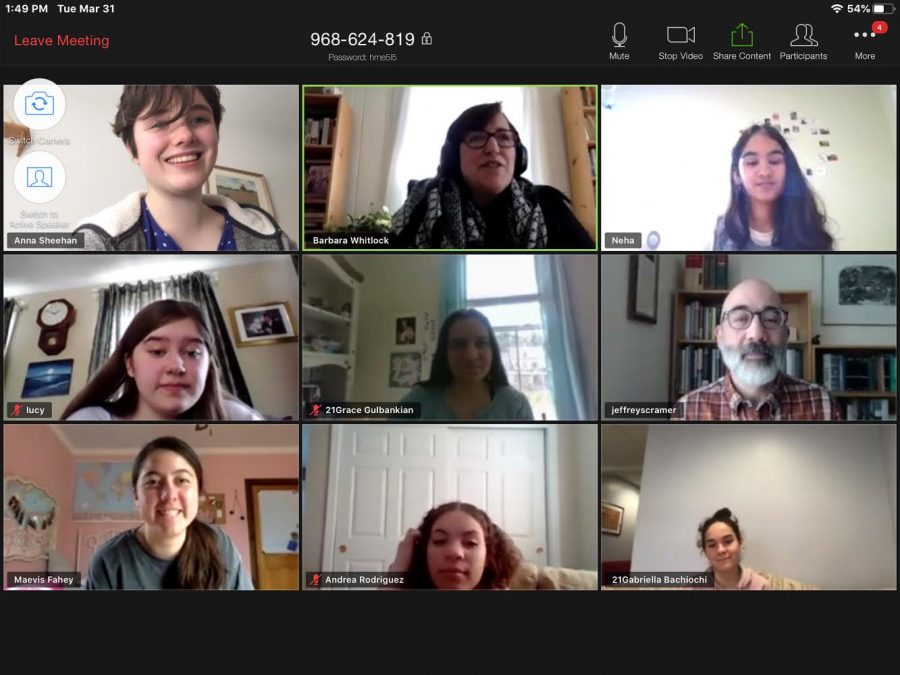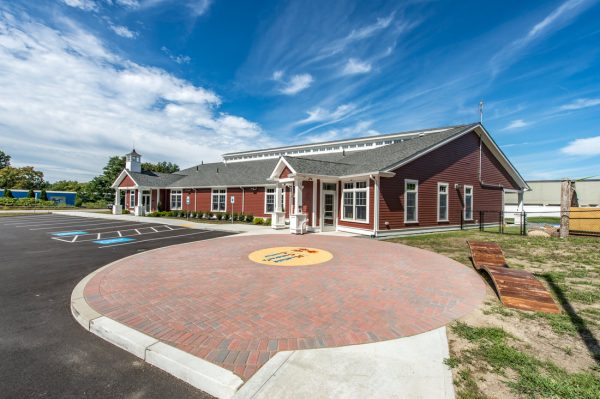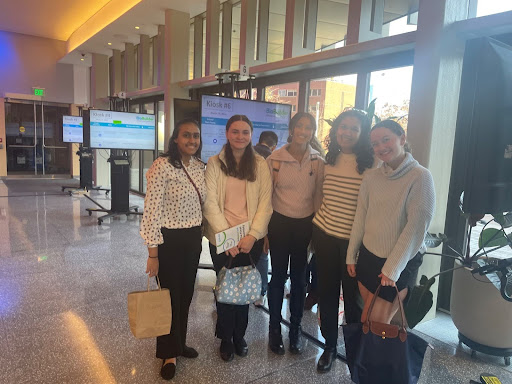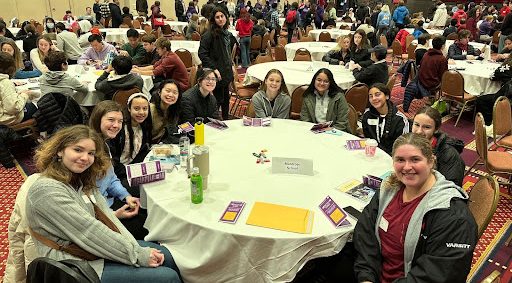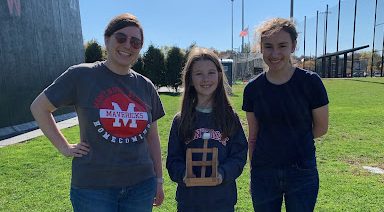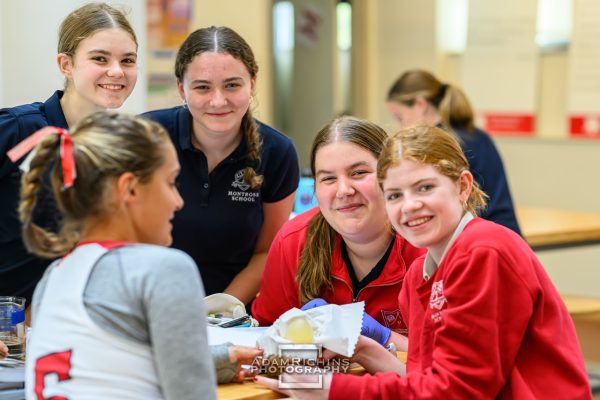A Virtual Field Trip with Jeff Cramer
Individuality. Authentic experiences. A constant curiosity for deeper meaning. Each of these are ideas that transcendentalist philosopher Henry David Thoreau valued.
The AP Language and Composition class recently read parts of Thoreau’s Walden, which he wrote while living by Walden Pond in nearby Concord, MA. Over one of their AP Lang zoom sessions, the 11th grade got to meet leading Thoreau expert, Jeff Cramer.
A curator at Walden Pond, Mr. Cramer was able to offer unique insights and wisdom
into Thoreau’s work and about Thoreau himself. “He was so knowledgeable,” said Maevis Fahey ‘21 of Mr. Cramer. She said she could almost picture him “flipping through the pages in his head.” We learned the answer to almost every question we asked Mr. Cramer. Yet Mr. Cramer does not feel that Thoreau offers him the same. “I don’t think he has the answers for me, but he has the questions,” Cramer reflected on Thoreau’s work. Thoreau valued the individual’s thoughts instead of people who followed along with the ideas of others.
Thoreau wanted to meet people who took the time and space to think deeply and
develop their own perspective on the world. In fact, Thoreau gave an entire chapter of Walden the title “Solitude.” He describes that solitude offered him a time to leave the bustle of community life and think deeper. Because one comes to one’s own conclusions when alone, one is then filled with new insights to take back to other people. Thoreau didn’t spend his sabbatical in the woods totally alone. Rather, he frequently walked to a distant neighbor’s home or into town to his family’s house. Once there, he was able to offer deep conversation instead of shallow small talk because he carried with him all his reflections from the woods.
“The solitude aspect,” reflected Isabella Russo ‘21, “it was really good that we read that.”
Isabella commented on the timeliness of Thoreau’s wisdom. “This can be a really good time for self-reflection and being more productive with our time.” Perhaps like Thoreau, we can take up the task of spending our near-solitude to gain depth of wisdom.
Living in the woods also played an important part in Thoreau’s ability to contemplate.
“Thoreau’s wisdom was inspired by the most basic things in his life: family and nature,” Andrea Rodriguez-Gomez ‘21 said. She referred to Thoreau’s mother and sisters, who formed role models for him. Mr. Cramer described them as individuals unafraid to think about their values and act on their principles. Andrea reflected: “Being in quarantine, there’s not much we can do. However, two things we happen to have readily available are family and nature.” And it’s true. We have the incredible opportunity to actually experiment with the philosophy which an author from our English class suggests. We can see if solitude — spent thoughtfully and purposefully — can produce wisdom and in turn, an understanding of our purpose. Thoreau wanted to emphasize the significance of his life, to know he wasn’t just sliding along the path of existence but instead really thinking about his time on this planet. He wanted to live with purpose. And so can we, even or maybe especially in quarantine. As Maevis said, “Day-to-day, it’s on us to decide what we’re going to do with our time.”
Anna Sheehan ’21, Faith Editor
21asheehan@montroseschool.org

